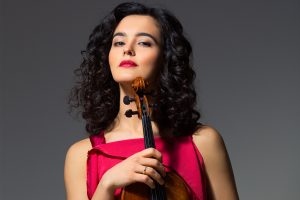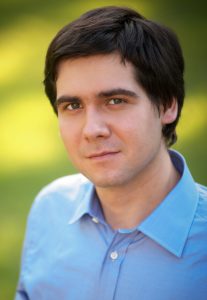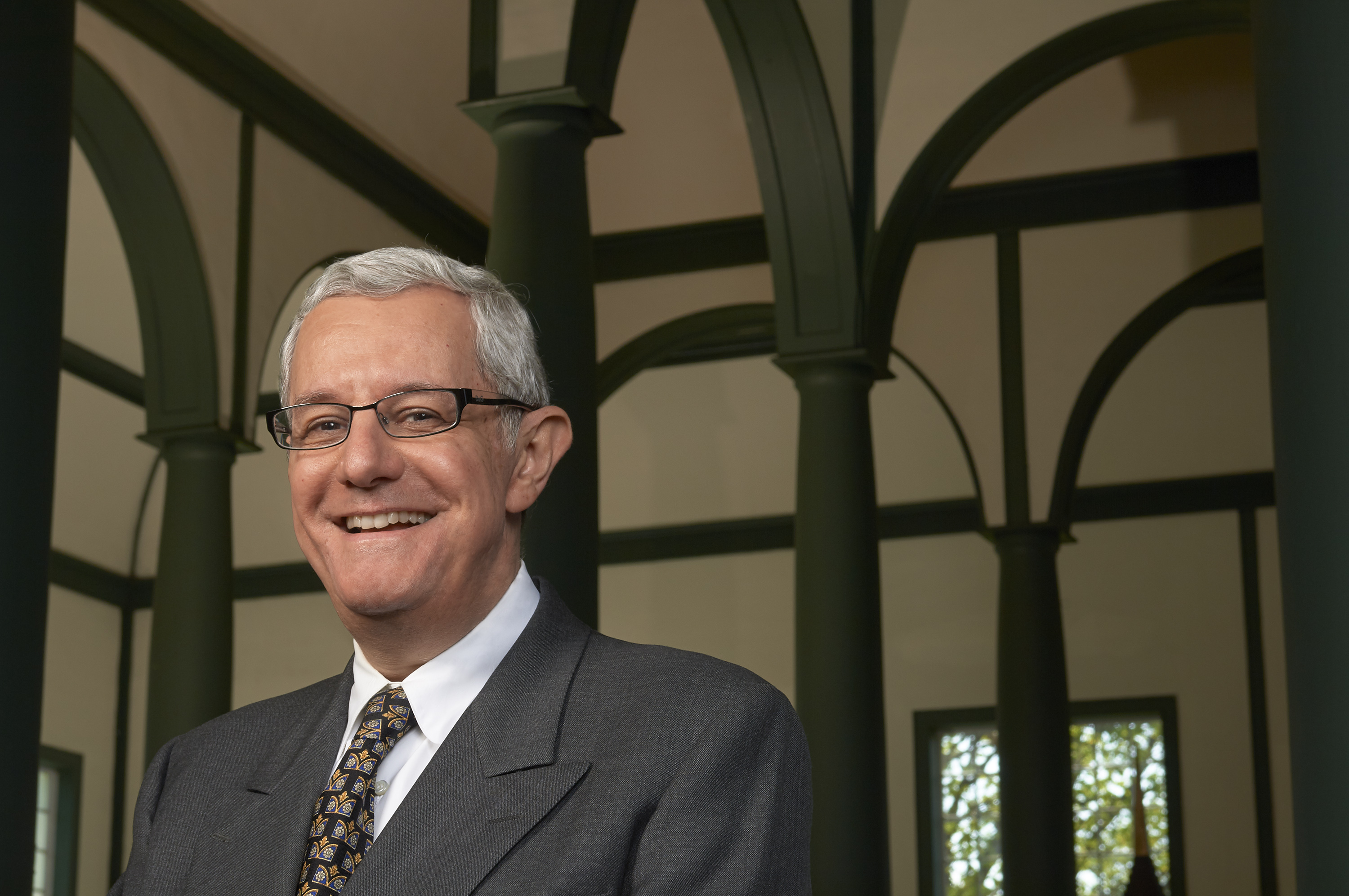by Stephen Cera
AJAX, Ontario – There’s nothing like hearing great chamber music performed by top musicians in a comfortable home setting. If the acoustics also happen to be fine, the experience can be as magical as that in a great hall, despite some obvious differences.
Such was the case at today’s house concert in this community a bit east of Toronto. A duo recital by Alena Baeva, violin, and Vadym Kholodenko, piano, proved a revelation of two stellar young musicians who haven’t performed before in this area.
Of the two, the Kiev-born Kholodenko is better-known, having won the Gold Medal at the 2013 Van Cliburn International Piano Competition in Texas. The name of Alena Baeva – born in 1985 in Kazakhstan, trained in Moscow, winner of several international competitions, and with a flourishing career in Europe — was new to me. Given the caliber of her playing, this seems inexplicable.

Alena Baeva
Even in an era with a deluge of stellar female violinists around her age (b. 1985), Baeva clearly belongs in the top rank. She displayed a deeply communicative artistry throughout the program of Mozart (Sonata K. 379), Beethoven (“Spring” Sonata) and Schubert (including the under-valued Fantasy in C, D. 934.)

Vadym Kholodenko
Playing a 1738 Guarneri violin on loan, Baeva addressed each piece with a striking match of expressive fervor and instrumental control. Alongside the impeccable rhythm and imaginative exploration of tonal colors, what impressed me most was her heartfelt impulse. While many elements that contribute to the making of a great performer can be taught, Baeva clearly possesses what cannot be taught.
Kholodenko’s self-effacing gestures can’t mask a complete command of his instrument. Dovetailing seamlessly with his partner, he proved an eminently discerning colleague in the classical sonatas. The taxing piano writing of the Schubert works posed no terrors for this virtuoso as he responded to the haunting lyricism at its heart.
As an encore, Kholodenko offered a tasteful solo rendition of a Ground by Henry Purcell, the English Baroque composer whose music is seldom encountered on the piano.



1 Comments
Mar 17, 2019 at 10:50 AM /
Very interesting … the house concert is a valid concept that needs to be more broadly embraced. Chamber music in a chamber. We’ve done small gatherings (dress rehearsals for other concerts really, but even so) for our friend Fleur Barron, mezzo soprano, who issued her first CD recently, and who, I just learned, will be singing the Gluck Orfeo in Cape Town this year (and is an HSBC Laureate from the Aix festival). It’s really gratifying to devote our living room to such good purposes; more people should do it. If anything, it’s more magical than a great hall, because of the intimacy, personal investment, and comfort. The only bad (but also good) thing is that we incur the cost to have the piano tuned.
PS: Music Before 1800 in New York has a fine series in the Kosciuszko Institute’s elegant parlor, which probably seats about 40 and gives some of the same feeling; the Morgan Library sometimes has concerts in its beautiful, intimate, historic library rooms (much better than in its unfortunately unattractive modern auditorium).